
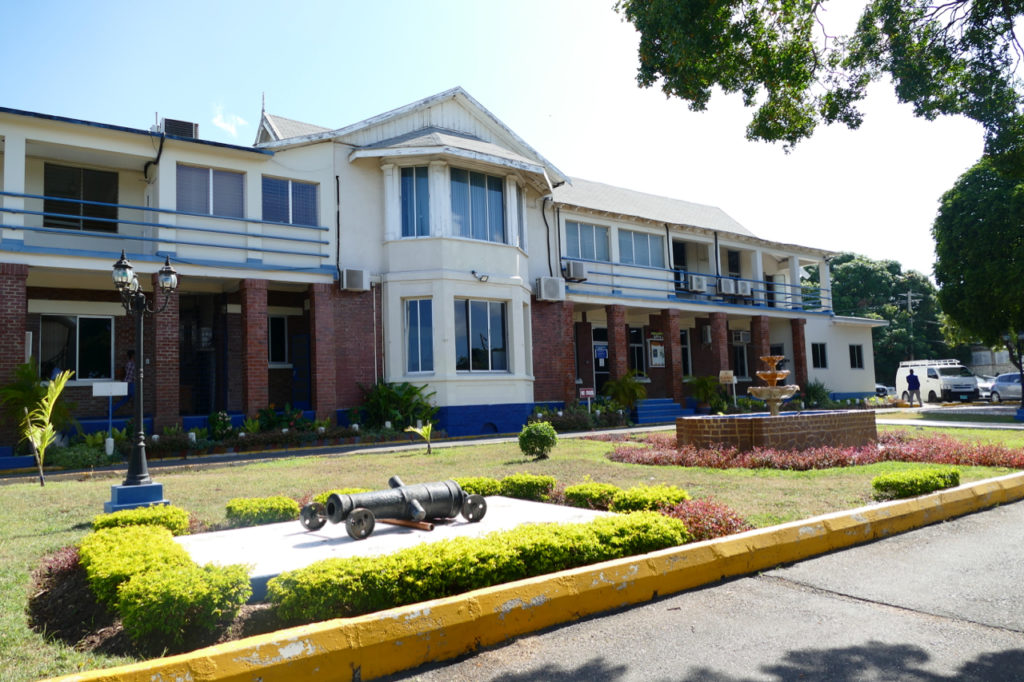
That was the week that was.
First water workers held the country to ransom by shutting off water supplies to the country for a couple of days.
No sooner was that matter temporarily resolved, airport workers went on strike demanding better pay conditions and effectively cutting off visitors to Jamaica from returning home.
Then, on Friday, National Housing Trust (NHT) workers announced that they too were joining the party and gathered at Emancipation Party to let it be known that the Government must immediately address their pay concerns.
As soon as one conflagration was put out, another one sprung up, then another. What will the new week bring?
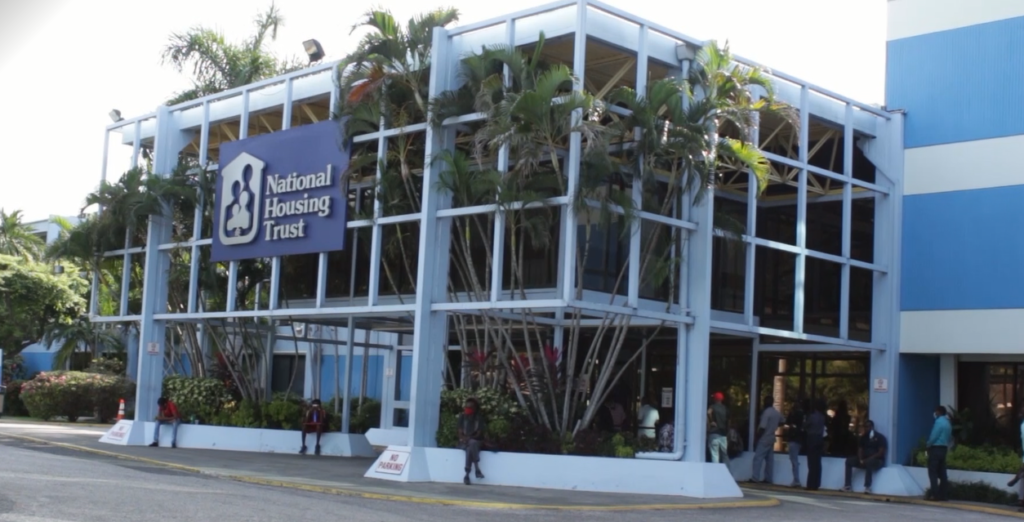
Some say a somnambulant People’s National Party (PNP) is now awake and has agitated the public sector into these protests, thus laying the ground work for success at the forth coming local elections.
Both Norman and Michael Manley could not have devised such a coordinated upheaval that disrupted the country and saw to it that workers’ demands must now be addressed.
Others say this is the beginning of social unrest brought on by the constriction of COVID, followed by escalation inflation, high gas prices, economic uncertainty and rampant crime – gasoline poured on an incendiary situation.
Then there are those who blame the Ministry of Finance’s abysmal communications department and its inability to manage the messages that should be transmitted to disgruntled public sector workers. There appears to be an unwillingness to arrive at an accommodation that would see the effective running of the country without major disruptions.
, “It took two days to accomplish what we have been trying to move the Government to do for the last 10 years. The ball is now in their court, and they now have enough time to meet our demands.”
A worker with the National Water Commission
One does get the impression that this all was planned and coordinated with the mission mainly accomplished.
As one National Water Commission worker told me, “It took two days to accomplish what we have been trying to move the Government to do for the last 10 years. The ball is now in their court, and they now have enough time to meet our demands.”
The Government is batting on a sticky wicket here because other public sector workers will now get emboldened and will feel they can have the government over a barrel.

There goes Nigel Clarke’s budget!
The public sector has to be mindful. The COVID pandemic cost the country over J$200 billion, much more than any natural disaster has, including Hurricane Gilbert. Then it has to contend with escalating inflation, food security, supply chain disruptions, honouring its obligations to the multi-laterals.
There are those who say that the Government can use its huge stored surplus to ensure better payment of public sectors workers and that a four per cent rise in salaries when inflation is cantering at 13-14 per cent is untenable.
It is a powder keg about to go up in flames and the government will have to move quickly to get the fire trucks in place.
The Minister of Finance Dr Nigel Clarke has said that Jamaica’s public sector workers number around 110,000-the workforce of a mid-sized first world global company. The problem, he says, is that it is difficult to negotiate with so many disparate entities and that they will have to be patient until the Ministry of Finance can get around to all of them.
He may have to get his Nikes on and move quicker before the chaos that is besetting the country drives down productivity. This will test his negotiating skills.
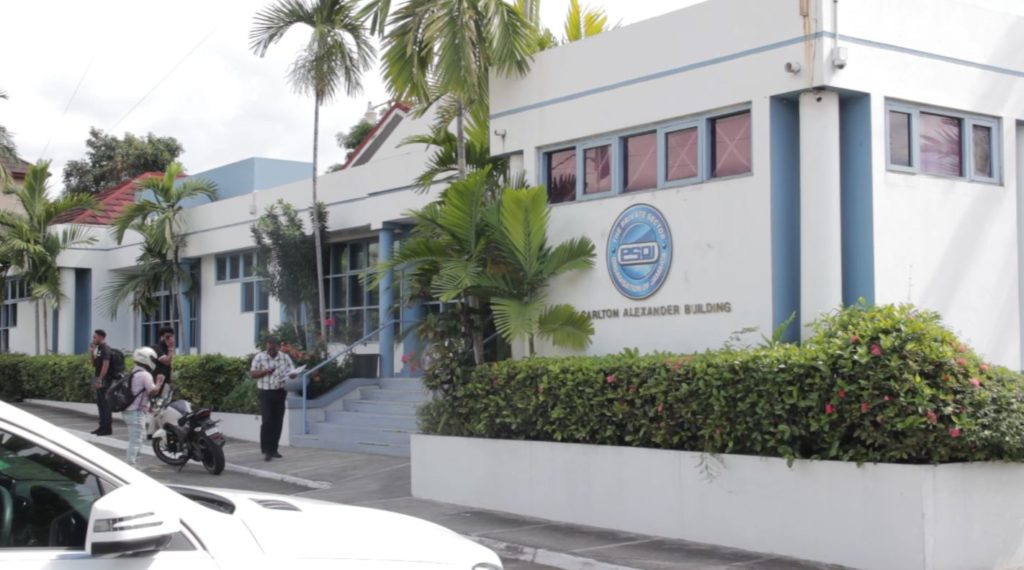
The Private Sector Organisation of Jamaica (PSOJ) has weighed in on the strike issue, drawing attention to the meagre salaries government workers have had to endure for years.
“Our public sector employees have sacrificed through wage freezes and marginal adjustments in salaries as their contribution to achieving macro-fiscal stability. The GOJ is finally in a strong enough fiscal position to budget for significant increases in compensation for the next three years while doing a rationalisation of the unwieldly compensation structure which has evolved over many years.”
But while public sector workers may have a legitimate claim here, they must ensure that they step up productivity and merit negotiated pay increases.
NUMBER OF TARGETS SET
The Government is in tough spot as it attempts to get the economy going two years after the COVID outbreak. It is already becoming clear that it may very well have to revise its announced budget made just last month.
A number of targets have been set and never met and this must not be a common theme of this administration. Growth of five per cent in four years did not become a reality; 65 per cent of the population vaccinated by the end of March was not achieved and has been blithely ignored. Developed world status by 2030, looks a long shot. Fast speed islandwide internet over the next two years appears a tad ambitious.
In the words of Otis Redding, “I’ve got dreams to remember.”
Resolving public sector workers salaries has to be chalked up as a significant achievement of this administration, despite the challenges faced. The government cannot defer this with financial jargon and excuses.
But, at the same time the public sector must be understanding and be accommodating to a degree given the circumstances we now live in. The Government cannot bend to unobtainable, unrealistic demands – let’s get serious here.

Prime Minister Andrew Holness has tremendous reserves of political capital, and this is the time to use it. He does not come off as far removed from the plight of public sector workers and the challenges they face on a daily basis. He does not appear unsympathetic – workers will lend him their ears and defer to what he has to say.
He has made it clear that it is detrimental to hold the country to ransom. Already the O’Neil Grant-led Jamaica Civil Service Association (JCSA) has piped down and are willing to consider what can be placed on the table.
The prime minister warned: “We must not bring crisis onto ourselves because the posture of the Government is not an antagonist one. The posture of the Government is to take on the challenge in a respectful way because we recognise that the power of the Government does not lie in the authority of the legislation, but it really lies in the people and when the people act reasonably, everyone benefits.”
It really is a case of having respect for both the message and the messenger.

He’s absolutely right here.
There can be little doubt that Jamaican public sector compensation has to be restructured and this will spell an increase in the wage bill. There is no getting around that.
The Government is projecting a wage bill of around $268 billion for this fiscal year. Can it contain this expenditure to nine per cent of GDP? That will prove difficult.
It will probably have to find a further $35 billion, taking the public sector compensation bill in excess of $300 billion to meet current demands as it looks to form a more productive and adequately compensated public sector.
Right now there are 325 salary scales and 185 allowances in what is a horrendous byzantine structure that needs replacing.


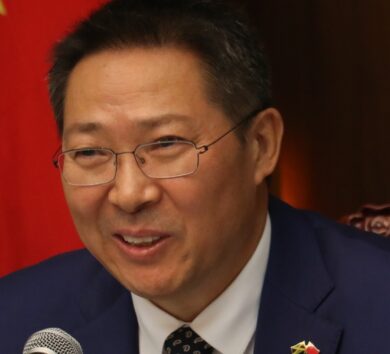

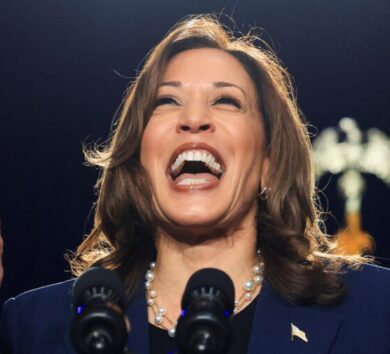


Comments